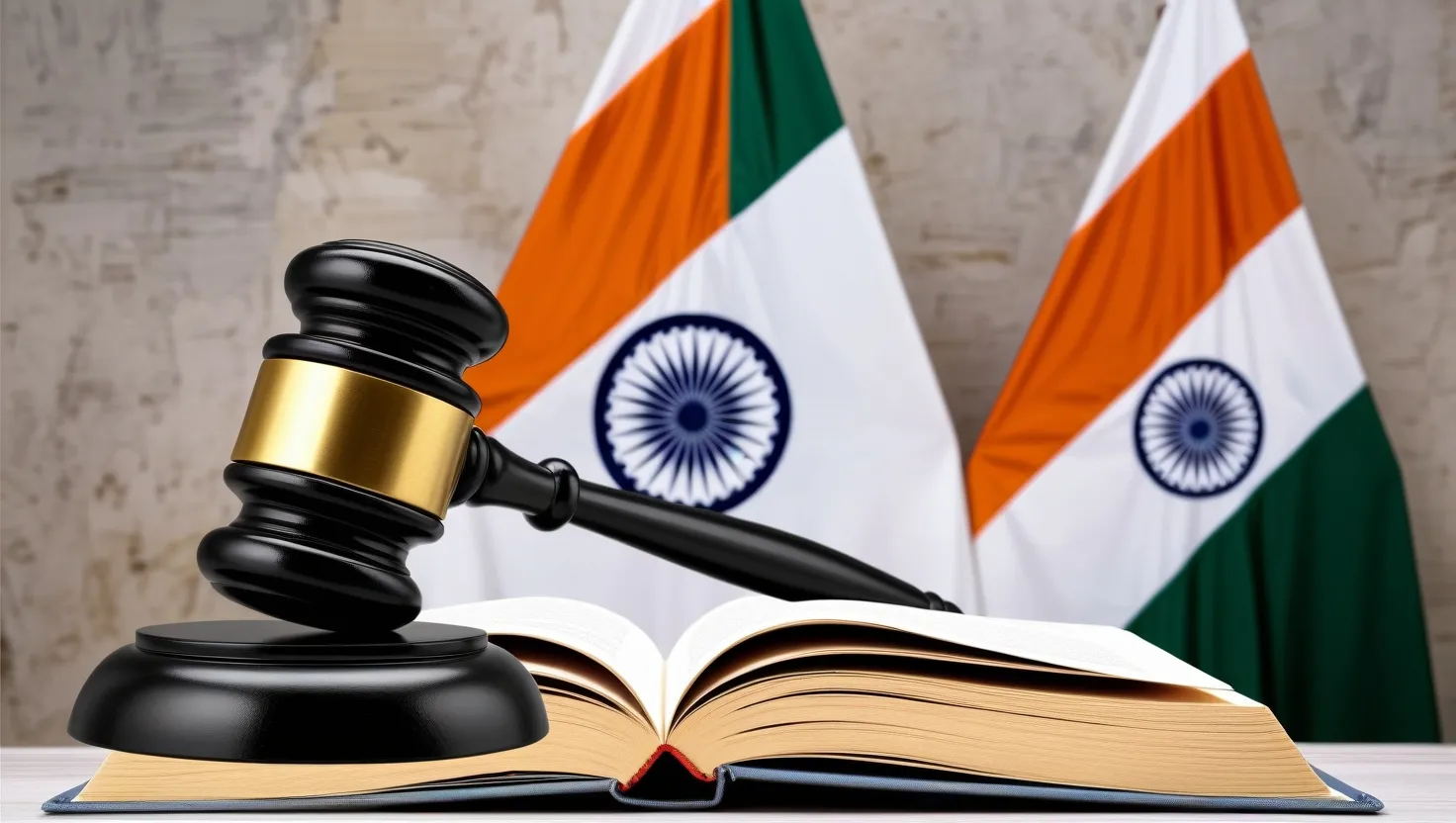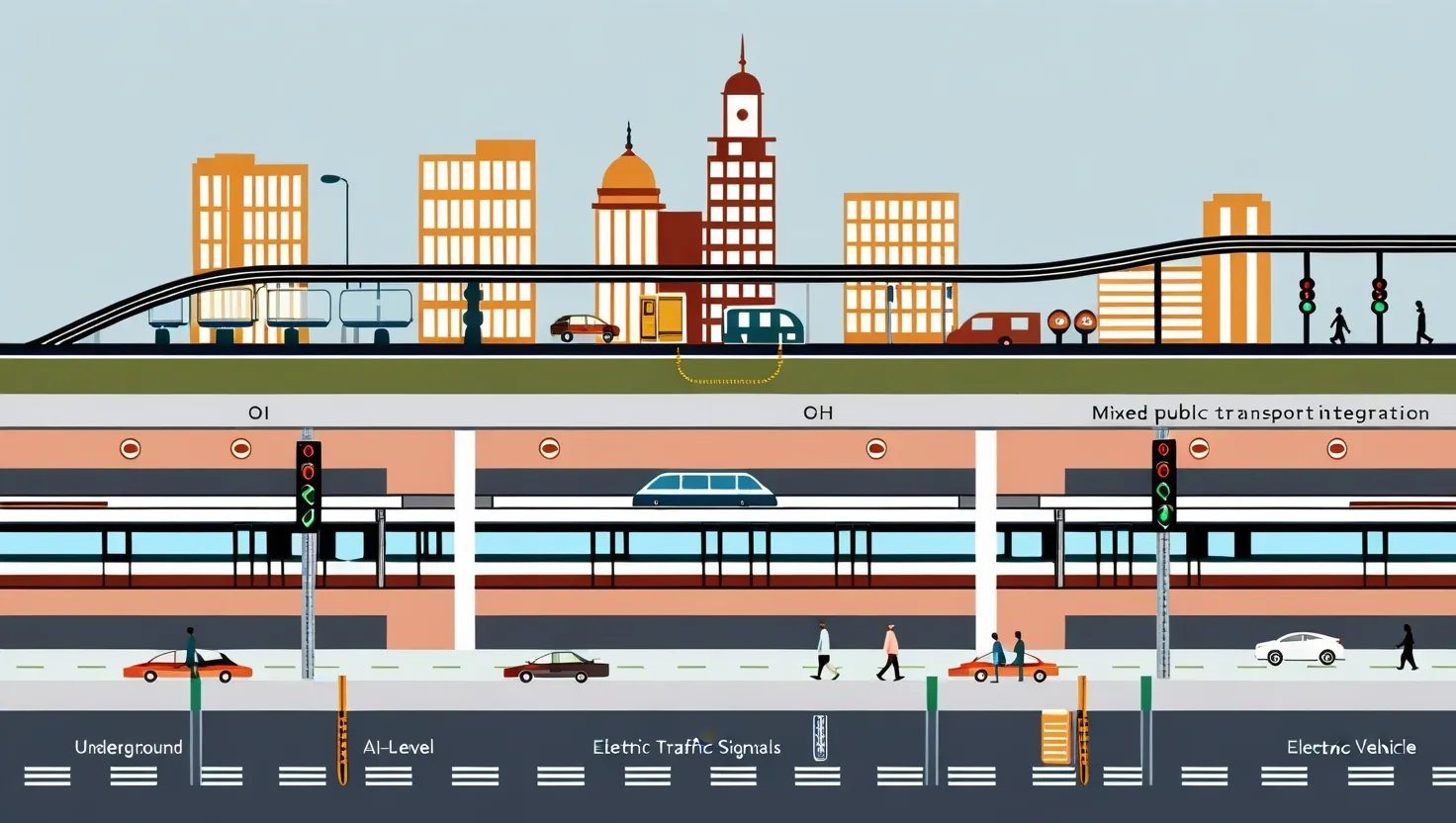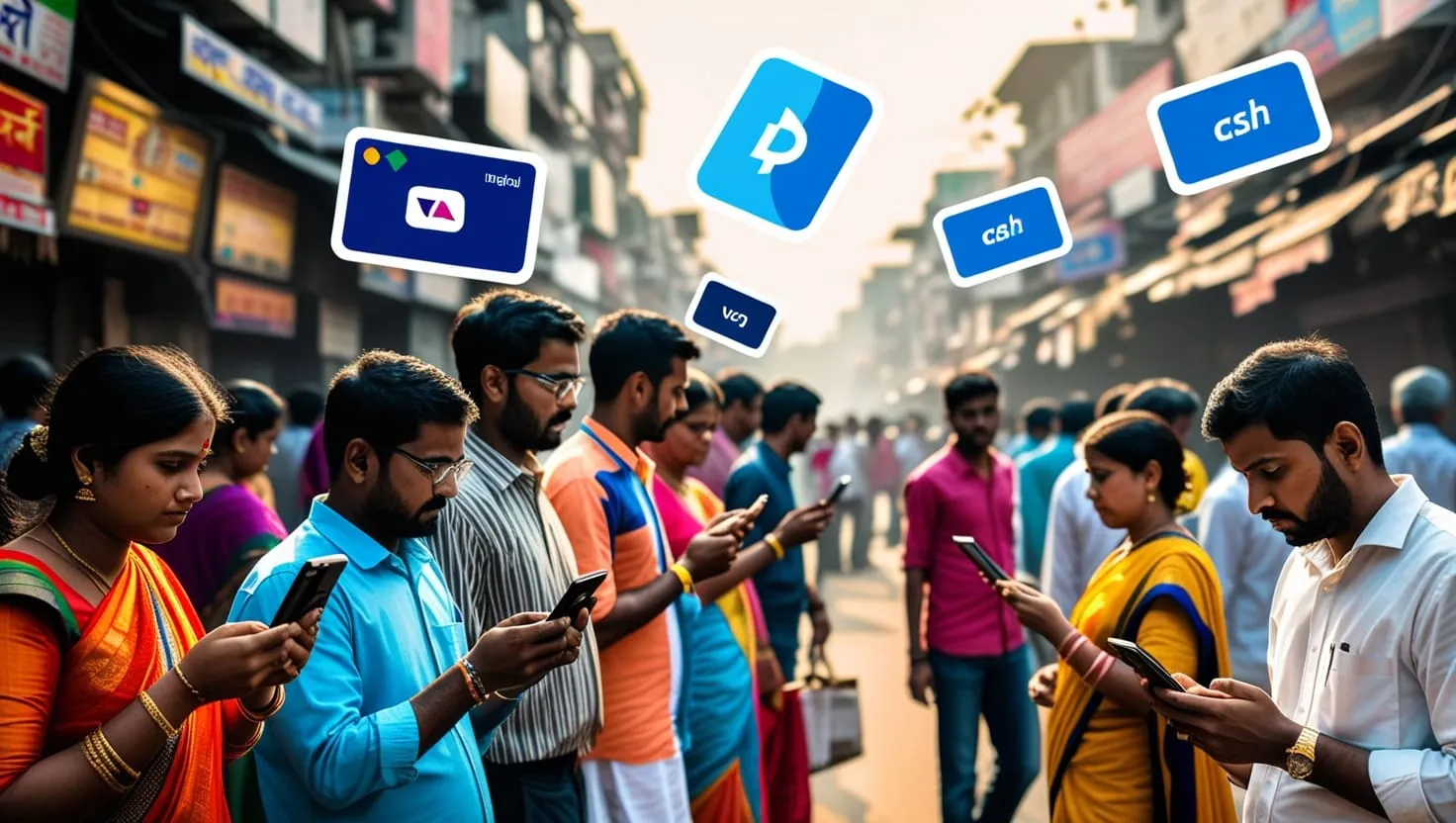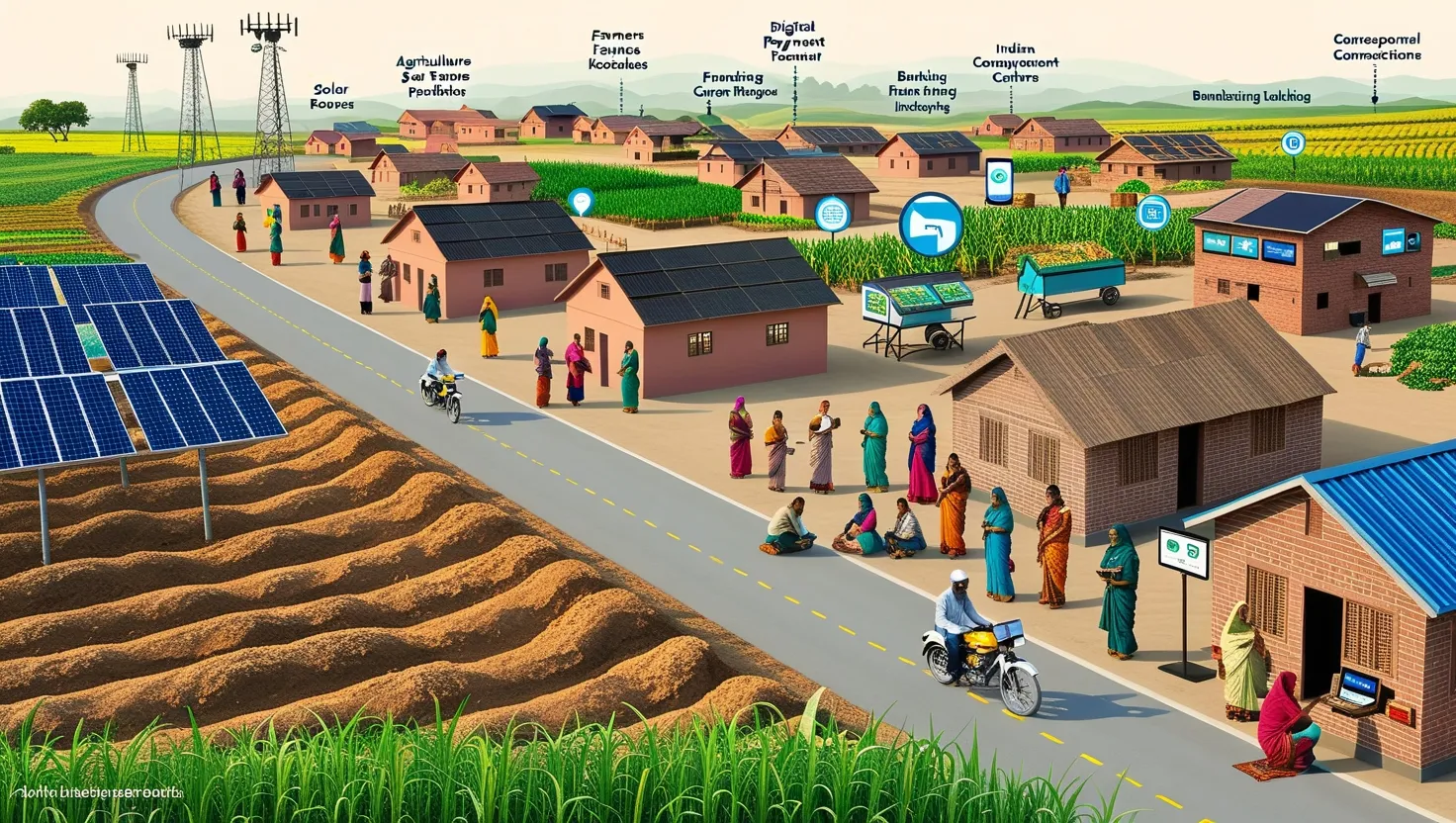As I reflect on the recent landscape of Indian jurisprudence, it becomes clear that the Supreme Court has been at the forefront of reshaping the country’s social, legal, and cultural fabric. Several landmark judgments have not only set new precedents but have also sparked intense debates and transformations. Here, we delve into six of these pivotal rulings and their far-reaching impacts on Indian society.
Decriminalization of Consensual Same-Sex Relationships
In 2018, the Supreme Court delivered a historic verdict that decriminalized consensual same-sex relationships, marking a significant milestone in the fight for LGBTQ+ rights. This decision was more than just a legal victory; it was a powerful statement about the fundamental rights of individuals. For years, the colonial-era law, Section 377, had cast a shadow over the lives of LGBTQ+ individuals, subjecting them to discrimination and fear. The court’s unanimous decision to strike down this law was a beacon of hope, acknowledging that the identity of a person is paramount and that equal rights are not just a privilege but a fundamental right.
This ruling has had a ripple effect, encouraging more LGBTQ+ individuals to seek medical care without the fear of legal repercussions. It has also begun to dismantle the stigma associated with HIV and AIDS, allowing for more open discussions and better healthcare access. However, the journey is far from over. The recent refusal of the Supreme Court to grant legal recognition to same-sex marriages highlights the ongoing struggle for full equality.
Recognition of Privacy as a Fundamental Right
In a world where digital footprints are becoming increasingly important, the Supreme Court’s decision to recognize privacy as a fundamental right has been a game-changer. This judgment, delivered by a nine-judge bench, emphasized that privacy is an intrinsic part of the right to life and liberty under the Indian Constitution. This ruling has significant implications, particularly in the context of the Aadhaar program, which has been a subject of intense debate regarding data privacy and surveillance.
The recognition of privacy as a fundamental right has set a strong precedent for future cases involving personal data and government surveillance. It underscores the importance of individual autonomy and the need for robust safeguards to protect personal information in the digital age.
Triple Talaq Ban and Its Effect on Muslim Personal Law
The ban on triple talaq, or instant divorce, has been another landmark decision that has reshaped the landscape of Muslim personal law in India. This practice, which allowed men to divorce their wives by simply uttering the word “talaq” three times, was widely criticized for its arbitrariness and lack of due process. The Supreme Court’s decision to declare this practice unconstitutional was a major victory for women’s rights and gender equality.
The impact of this ruling extends beyond the legal realm; it has also sparked a broader conversation about gender justice and the need for reform within Muslim personal law. While there are still challenges ahead, this judgment has empowered women to seek justice and has paved the way for more equitable marital laws.
Sabarimala Temple Entry Verdict and Religious Freedoms
The Sabarimala temple entry verdict is another significant ruling that has tested the boundaries of religious freedoms and gender equality. The Supreme Court’s decision to allow women of all ages to enter the Sabarimala temple challenged a long-standing tradition that barred women between the ages of 10 and 50 from entering the shrine. This ruling was seen as a major step forward in the fight against gender-based discrimination and the protection of individual rights.
However, the implementation of this ruling has been met with resistance, highlighting the complex interplay between religious beliefs and constitutional rights. The ongoing debates surrounding this verdict underscore the challenges of balancing individual freedoms with communal traditions and the need for a more nuanced approach to religious rights.
Aadhaar Judgment and Its Implications for Digital Identity
The Aadhaar judgment has been a pivotal moment in the discussion around digital identity and data privacy in India. While the Supreme Court upheld the constitutional validity of the Aadhaar program, it also imposed significant restrictions on its use, emphasizing the need for robust data protection mechanisms.
This ruling has far-reaching implications for how personal data is collected, stored, and used by government agencies and private entities. It highlights the delicate balance between the benefits of a unified identity system and the risks associated with mass surveillance and data breaches. As India continues to digitize its services, this judgment serves as a critical benchmark for ensuring that individual rights are protected in the digital age.
Ayodhya Land Dispute Resolution
The Ayodhya land dispute resolution is perhaps one of the most contentious and historically significant judgments in recent Indian history. The Supreme Court’s decision to award the disputed land to the Hindu parties, while providing an alternative site for the construction of a mosque, marked the end of a decades-long legal battle.
This ruling has had profound implications for communal harmony and the rule of law in India. It underscores the court’s role in resolving long-standing disputes and promoting peace and stability. However, the aftermath of this judgment has also highlighted the ongoing challenges of managing religious sentiments and ensuring that such decisions do not exacerbate existing tensions.
Implementation Challenges and Ongoing Debates
While these judgments have been instrumental in reshaping Indian society, their implementation has not been without challenges. The refusal to grant legal recognition to same-sex marriages, for instance, has left the LGBTQ+ community feeling that their fight for full equality is far from over. Similarly, the Sabarimala temple entry verdict has faced significant resistance, highlighting the complexities of enforcing such rulings in a society deeply rooted in tradition.
The Aadhaar judgment, too, has raised questions about the efficacy of data protection mechanisms and the potential for misuse of personal data. These challenges underscore the need for continuous dialogue and reform to ensure that these judgments translate into meaningful changes on the ground.
A New Era of Social and Legal Reform
These landmark judgments collectively mark a new era of social and legal reform in India. They reflect a judiciary that is increasingly proactive in protecting individual rights and promoting social justice. However, they also highlight the ongoing struggles and debates that are inherent in any society undergoing significant change.
As we move forward, it is crucial to recognize that these judgments are not isolated events but part of a broader narrative of social evolution. They call upon us to engage in continuous reflection and dialogue, ensuring that the rights enshrined in our constitution are not just legal abstractions but living, breathing realities that shape the lives of all citizens.
In the end, these landmark judgments remind us of the transformative power of the judiciary and the importance of an engaged and vigilant citizenry in shaping the future of our society. As we navigate the complexities of modern India, these rulings serve as beacons of hope and justice, guiding us toward a more equitable and just society for all.





